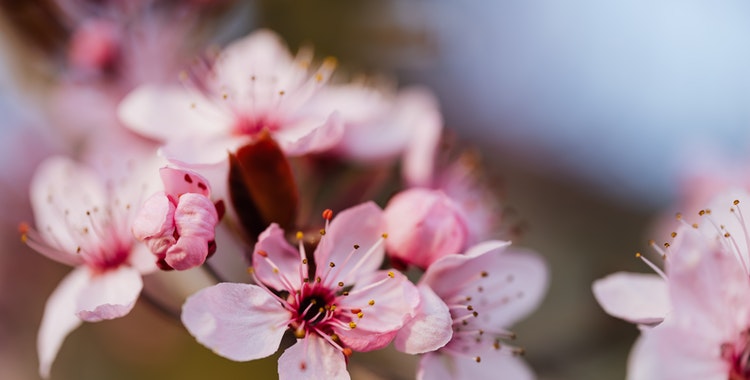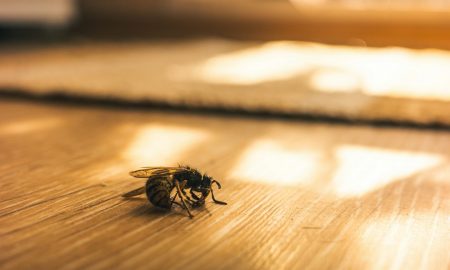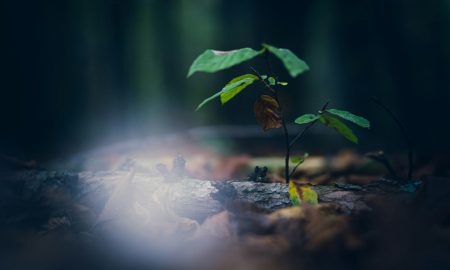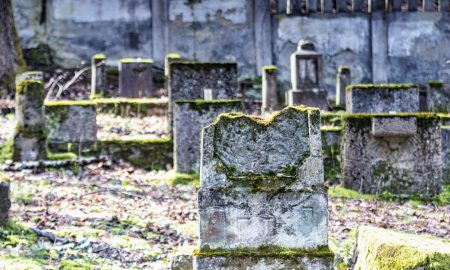Do not grieve. Anything you lose comes around in another form.
-Rumi
1.
Why I still see you in the time since then, I can’t say.
Your hands pouring vinegar and squeezing grapefruits;
there’s a bowl of them
on my kitchen table and I’m prone to believe
that they can’t exist without you.
These juicy, orange-yellow orbs
have your lungs in them and I’m ready to slice
one open just to hear you breathe.
I won’t do it out of fear that it might shorten
our time together in this space: where minutes pass
without us counting and we pretend
we are not burying yet another thing.
2.
People say I’m different now
when all they ever are is a long extension
of themselves. A church with pews stretching from the alter
to your abandoned organs and I can hear the music still.
I pray for you yet I hate your religion,
with the pulling in and wading out,
with the belief that all great things lost
are never lost, not yet. Yeah, right.
Once, you told me to listen
to Beck’s cover of Do You Realize?
At first I thought you were being romantic
before I understood you just liked a good song.
3.
It’s all about a trade, really.
History on one side holding a dollar
and me on the other holding 100 pennies
and imagining that this transaction would produce
a different outcome. Like a rewrite of this poem
(which I decided long ago was not a poem,
but a way for my pens to acquaint themselves with you,
to ask questions and memorize every answer until
there was nothing else to know about us). All I know
is that I can’t stop writing about people. Someone, somewhere promised
that words can make any person transcend time.
So much has happened. I don’t want to lose you.
4.
You are not
a man, a boy, a lover,
or even something or anything. Not anymore.
In your place, I find
a pine tree aching under snow:
breathing yet broken in some way.
It is utterly paralyzed, hibernating in the sting
of these elements without complaints.
It harbors a mutual understanding between itself
and each hour: the cognizance
that this season, too, shall come to rest.
Aside from this tree, any other plant
would have been a curious replacement.
The perennials that bloom every year before
we presume them dead, hoping all the while
that they will return for
one more year. But this tree—
this you, snow tree—
does not have this gift. It does not wilt
and reincarnate; rather, it is an entity that is
briefly alive and paralyzed all the while.
The first time you did heroin with me,
you snuck into my bed and put your chin
next to my chin and said,
“I didn’t know how to proceed with our relationship
so I snorted heroin off the sink.”
Then you said, “I knew you were beautiful
but I didn’t know it was this much.”
And then you said, “I’m sorry,
the drugs just make me really antsy.”
And then you laid there, perfectly still in body
and dancing, dancing, dancing
with your hands, across your face and the veins
in your arms and the maps on the wall
and my shoulders. All this makes me believe
that this tree I see in your place—
this strong, helpless tree,
with its branches burdened under snow
or dancing in the absence of it—
would have moved you.
5.
So here it is.
Whatever you promised has cost my body in tolls.
Immediate: to have and not be owed.
It’s flooding for the first time this spring,
yet, even the most fragile branches find themselves
rising, pale blossoms tentatively stepping into the sun
with a crick in their necks,
trying to listen for what comes next.
And they are. I am,
in all the fixed hours with endless moments
to join and dance into,
in all the limitless specificities of where to hold
and when to open, fingers splayed
with palms outstretched, waiting to catch what falls.
I do believe in the circumstances of losing and holding
and continuing, too,
believe that these days are changing more than just me
but the sky, which is shy and still learning.
The window is open late for the first time all spring,
the dark coming in despite its cruelty.
Yet, unlike the nights before it,
I can see it slowly brightening.
***
Photo by Karolina Grabowska from Pexels





